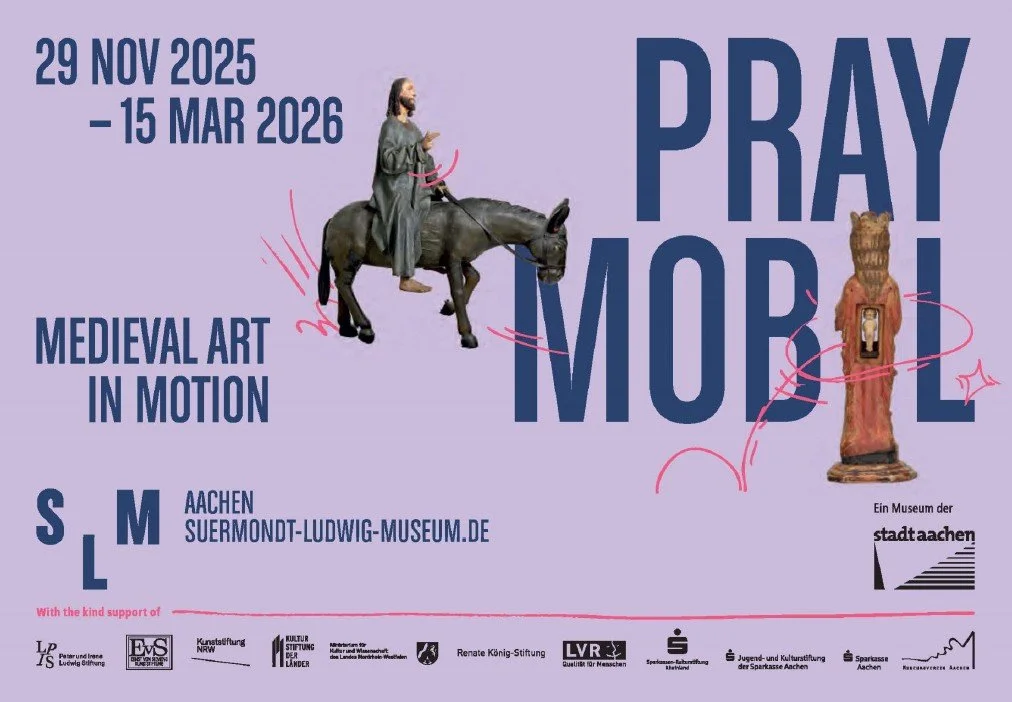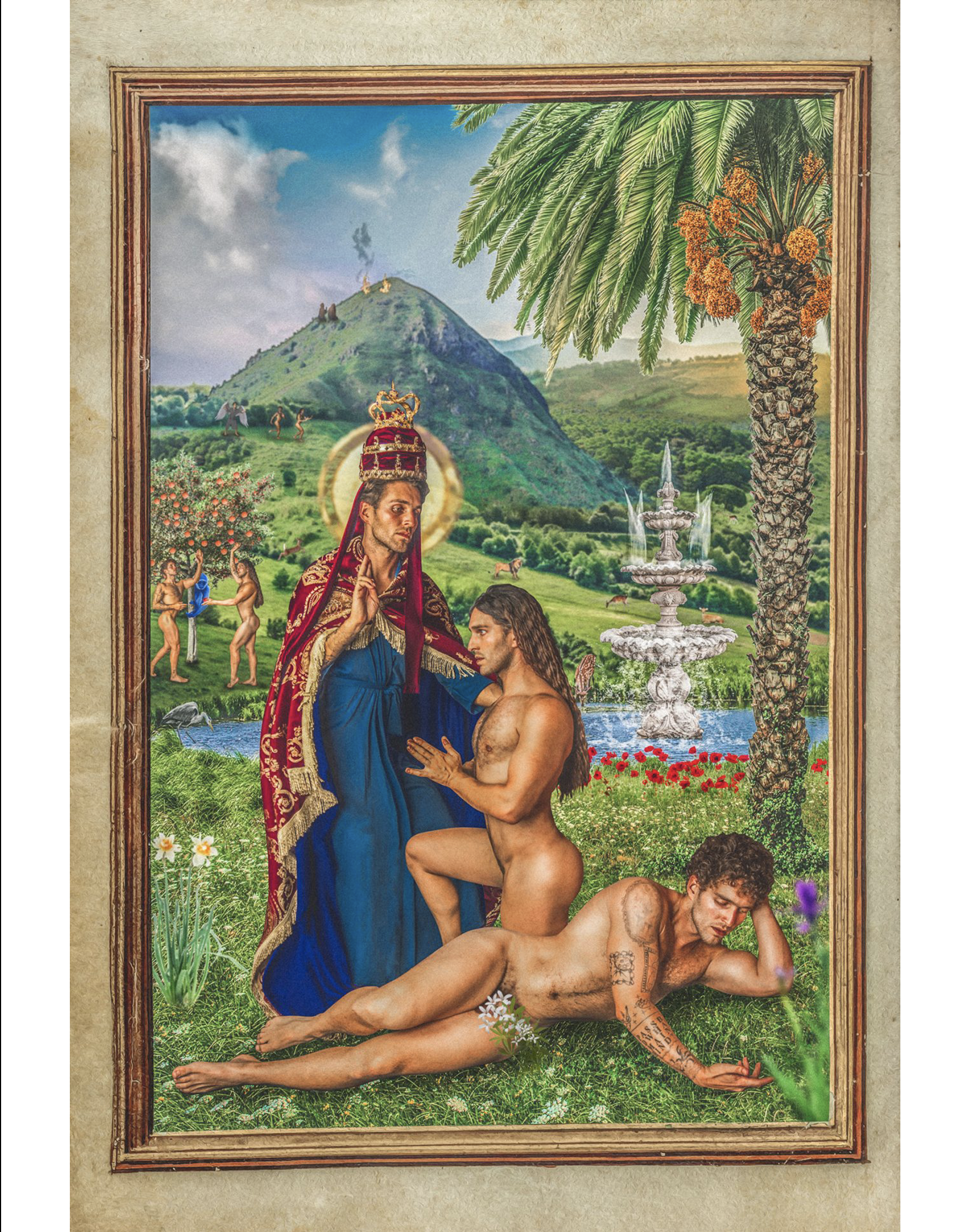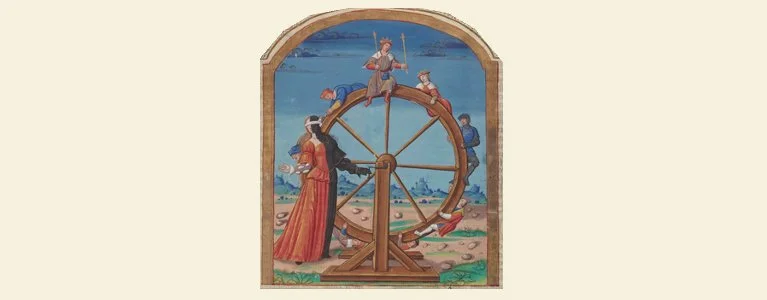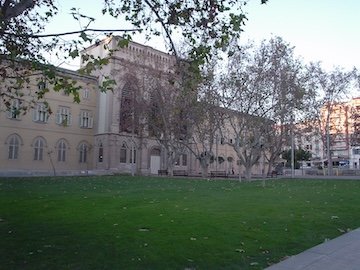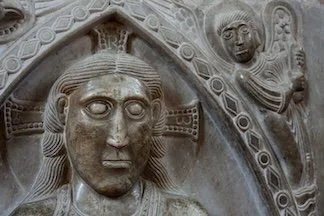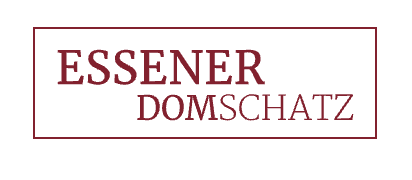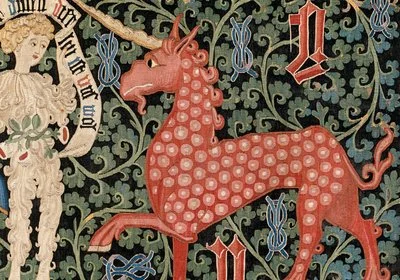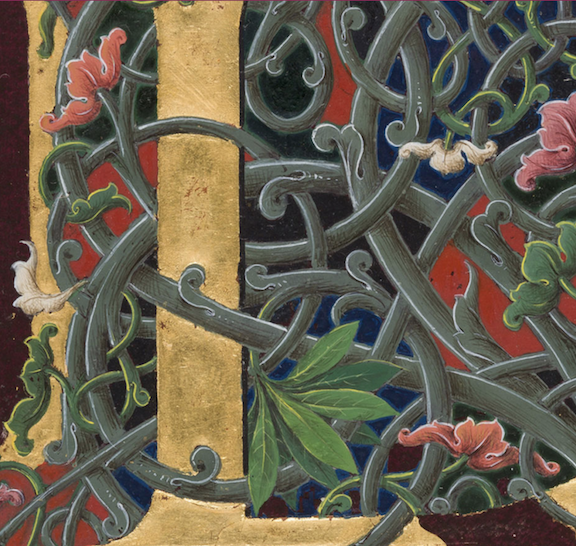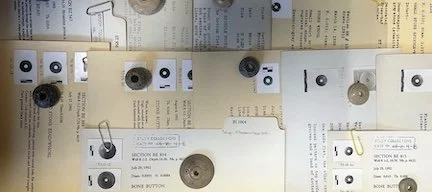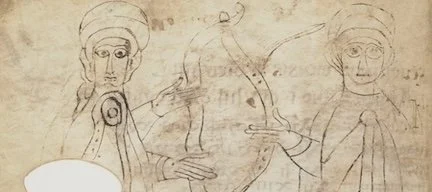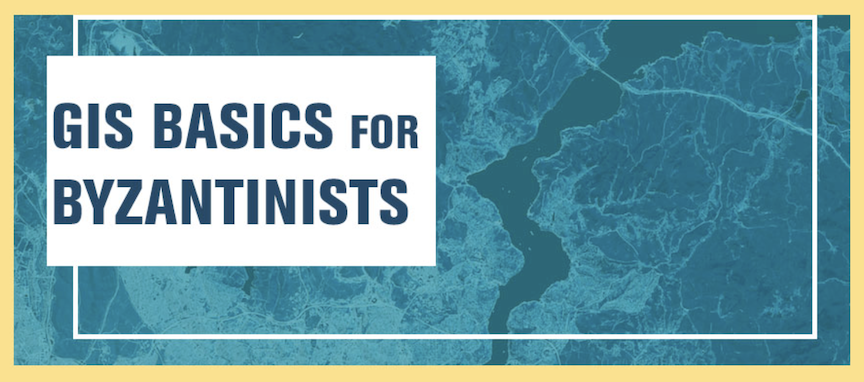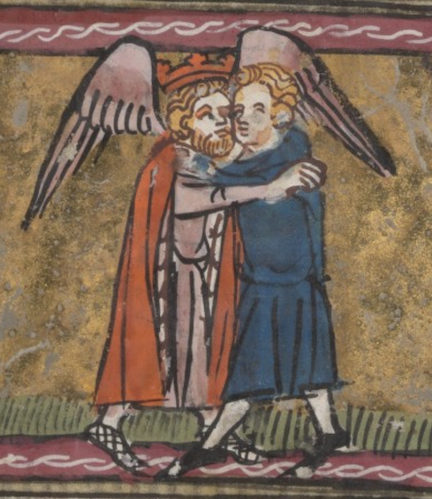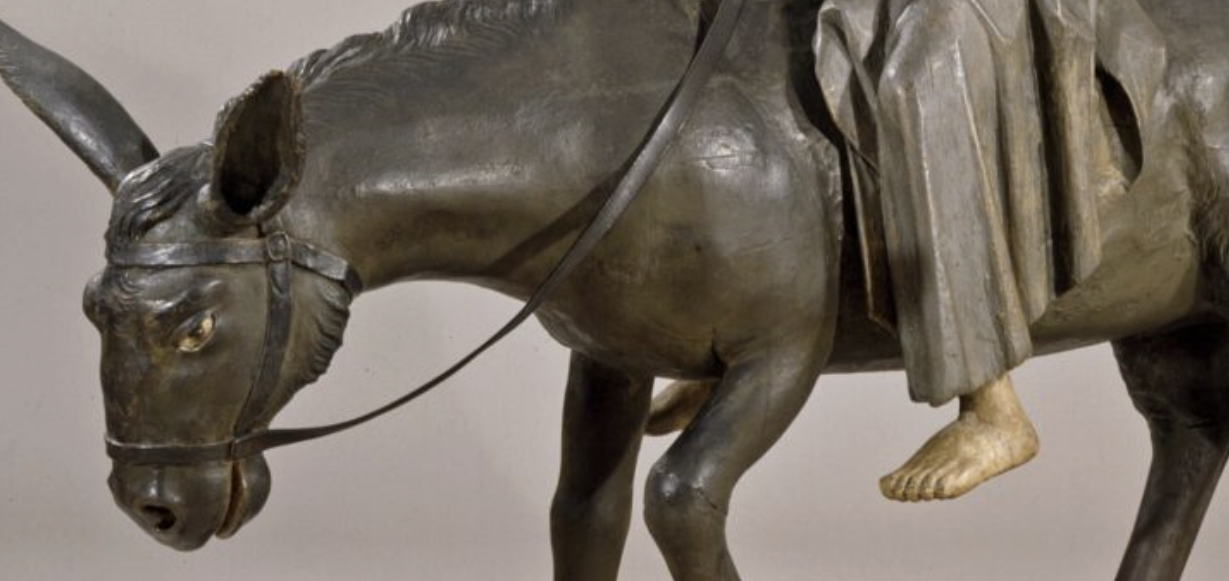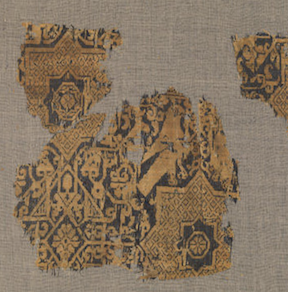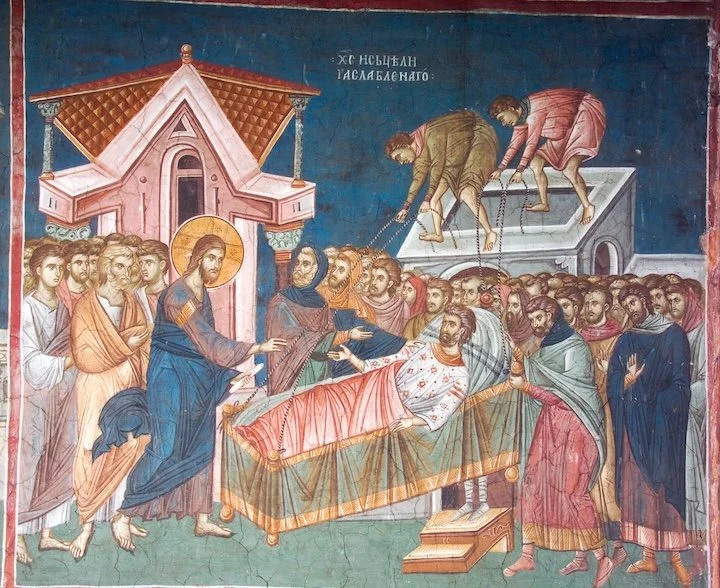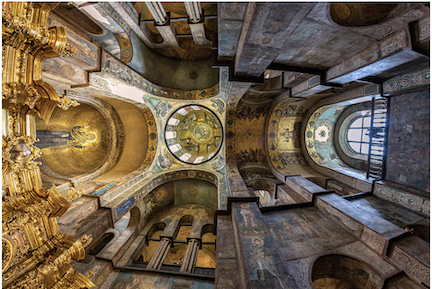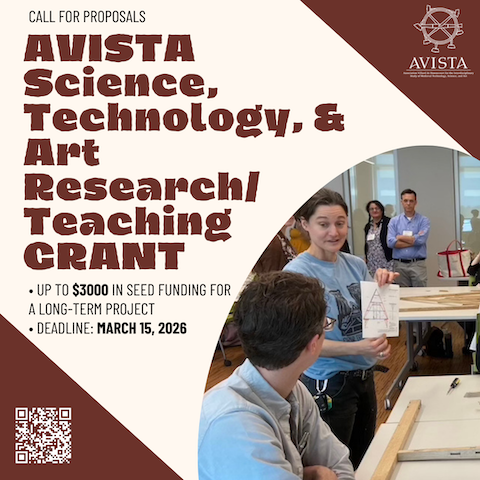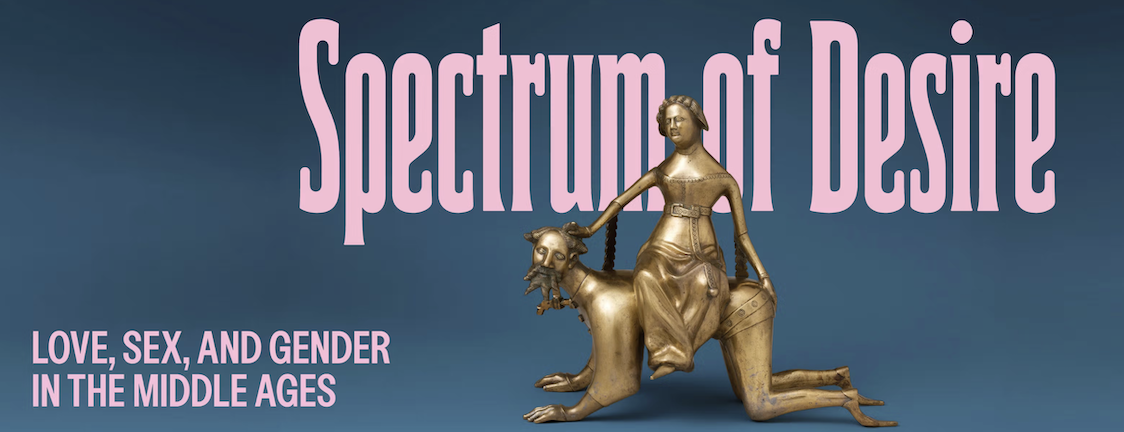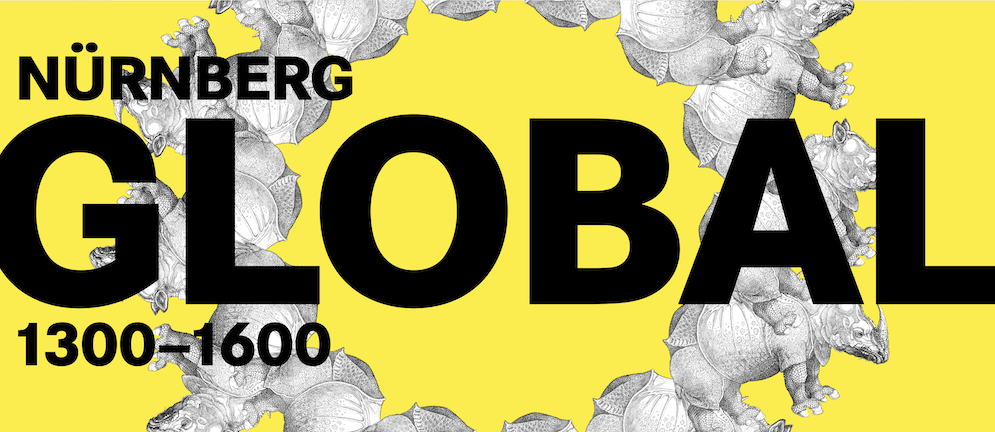Fame and fortune are slippery things. They can be welcome or ironic, tangible or out of reach. In medieval and early modern thought, fortune was imagined as a capricious and unpredictable force, shaped by chance, reputation, belief, and intervention – be it divine, magical, ritual, or social. Fame could be the due of the martial hero as well as the martyred saint; but fortune could sometimes be a punishment, as when the hapless cleric in the Marian Theophilus legend sells his soul to the Devil. Luck charms, tokens, and other apotropaic magical artefacts are visible in the archaeological record, while accusations of attempts to manipulate or harness fortune appear in legal and ecclesiastical sources. Some historical and legendary figures exceed the boundaries of their time, while others wither into dust. The mysterious hand of fortune also shaped the fates of entire historical populations (both human and animal): early modern financial speculation raised some to great wealth and others to penury; the ‘discoveries’ of the New World turned societies upside down in numerous way; and environmental or climatic shifts could alter the course of rivers and coastlines, bringing famine or gluts, or be harbingers of catastrophe and destruction.
This theme invites the scholar to consider these various twists and turns of history.
Topics may include, but are not limited to:
Concepts of luck, fate, and misfortune
Fortune as a negotiable or managed resource (economic, spiritual, or social)
Games and gambling, including ludic theory
Legendary and national heroes; the infamous, the notorious, and the famously forgotten
Political hegemony – how is “luck” expressed at a societal level
Economic and financial history
Environmental and climate history
Social luck and movement across class divides
Financial bubbles and speculation (eg, The Dutch tulip bubble or the infamous South Sea bubble)
Deities and personifications of luck: Fortuna, the Wheel of Fortune.
Fortune and luck in the material sphere: lucky objects
Charms, talismans, and prayers
Theological aspects of free will
Soothsayers, oracles, and seers
Magic as a fulcrum for both good and bad luck
There is no geographic or disciplinary limitation for submissions, which can consider any aspect of the medieval or early modern world or its reception.
Full length articles should be 5000–8000 words, excluding references. Ceræ also accepts short notes, creative writing, translations, and review essays of up to 3000 words for our varia section.
Themed submissions must be submitted by 30 April 2026.
For full details on submission requirements and stylistic guidelines, please visit the Submissions section of this website.
Ceræ particularly encourages submissions from postgraduate and early career researchers, and there is a $200 AUD annual prize for the best postgraduate/ECR essay. Further information on our annual essay prize can be found here.
This volume is currently accepting submissions.
For more information, visit https://ceraejournal.com/volume-13-2026/
Non-Themed articles and varia are accepted year-round – please contact the Editors for further details.
If you are interested in submitting a book review – please contact the Review Editors.

